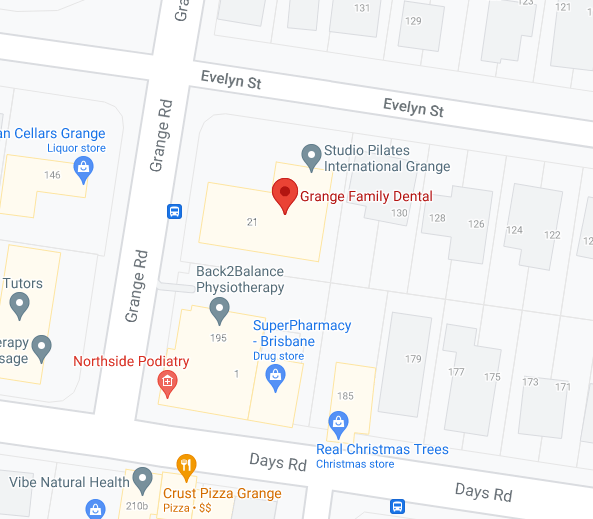
Overcoming Dental Anxiety: Strategies for Relief
If you fear the dentist, you surely grasp how overwhelming dental anxiety is. It impacts your body and mind. Initially, you might struggle to breathe. Then, you could experience a panic attack or feel nauseous. You might even cry uncontrollably. Importantly, dental anxiety affects everyone: adults, children, men, and women alike. However, if you’re among the one in six Australian adults or one in 10 children with dental anxiety, take heart. Fortunately, effective methods exist to manage these feelings.
Understanding Dental Anxiety: Key Symptoms and Signs
If you experience any of these symptoms while considering or going to a dental visit, you might have dental anxiety:
- A racing heartbeat or heart palpitations
- Low blood pressure which may cause you to faint
- Distress signs such as crying or having a panic attack
- Sweating
- Coping mechanisms such as withdrawal, aggression or masking your feelings with humour
Decoding Dental Anxiety: Identifying Its Triggers
Understanding the causes of your dental anxiety is crucial. Knowing them allows for customized treatment and management plans. Here are several common factors:
- A previous traumatic experience
- An existing trauma to you neck or head area
- Other trauma such as abuse
- A generalized anxiety disorder/s
- Trust issues or a fear of not being in control
- Concerns for your personal space and privacy
Dental Anxiety: Quick Fixes for Kids, Longer Road for Adults
Looking at these sample trigger factors, it’s clear dental anxiety isn’t exclusive to adults; kids experience it as well. However, there’s a silver lining: with support from parents and their dentist, most kids can overcome their dental fears. Adults face a tougher challenge and may require ongoing support from a doctor or psychologist to manage their anxiety effectively.
Beat Dental Nerves: Simple Tricks and Finding a Kind Dentist
Feelings of anxiety are experienced on a spectrum and as such, there are different ways you can deal with dental anxiety depending on its severity. To deal with general anxiety you may benefit from breathing exercises, meditation or focusing on progressive muscle relaxation.
As you start to think about your next dentist appointment and as the day approaches, there are additional techniques you can use to help you overcome your dental anxiety. The most important step is to find a dentist who understands dental anxiety and is experienced in treating anxious patients. This will make it easier to explain how you feel and have your feelings acknowledged and validated, which is the first step to managing anxiety.
Grange Dental: Easing Anxiety with TVs, Music, and Tailored Care
Here at Grange Family Dental, we have installed television screens above every one of our patients’ chairs to help you focus on something other than the procedure. Or, you may prefer to bring in a music device with meditations or a special playlist to listen to during the procedure. We will also take the time to talk to you through treatment options and tailor a treatment plan to suit your level of dental anxiety. This may include administering nitrous oxide or IV sedation during the procedure to manage your anxiety and reduce your awareness of the procedure.
Sometimes, you may feel more comfortable if you are able to visit our office before your appointment. You’ll be able to meet all our friendly staff, experience the environment and even sit in the dentist’s chair to become familiar with the feeling without associating it with the pain or anxiety. Remember, you are in control throughout the procedure. All you have to do is raise your hand to signal the dentist. The dentist will stop and allow you to focus your breathing and mediation and they won’t continue again until you feel comfortable.









